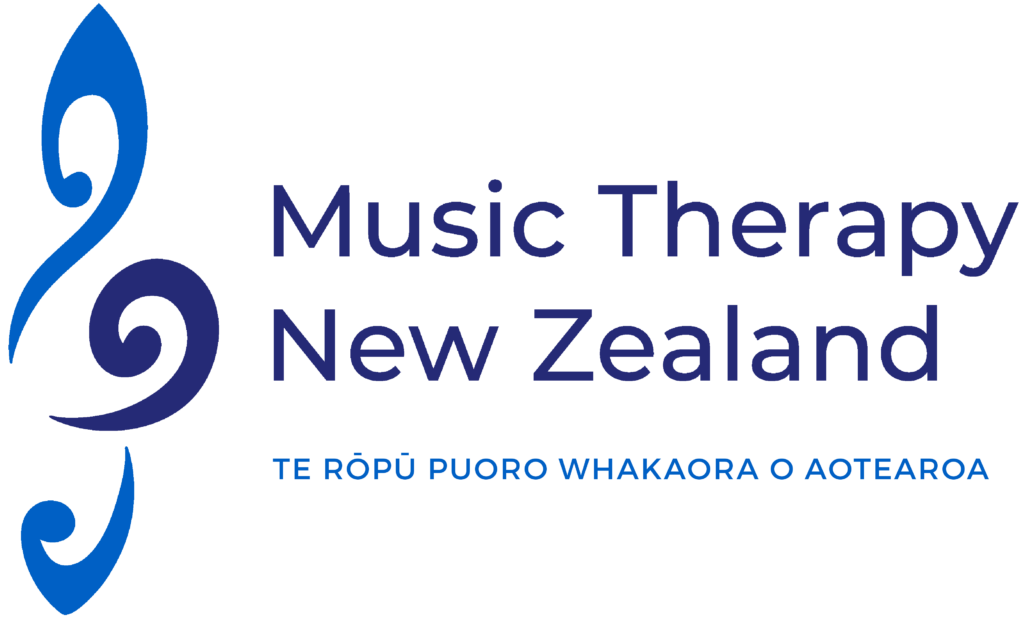Dr Philippa Derrington, Programme Leader of the MSc Music Therapy (Queen Margaret University, Edinburgh), and Nicky Haire, Violinist, Lecturer in Music Therapy (Queen Margaret University, Edinburgh ) and PhD Candidate at The University of Edinburgh, facilitated ‘Space to play’ on Saturday 14th December 2019 in the Adam Concert Room (ACR) at New Zealand School of Music—Te Kōkī (NZSM).
The programme included two presentations, beginning with ‘the story of the garage: making space for music therapy relationships in schools’ during which Philippa presented her work with adolescents with complex emotional needs in a secondary school context. Drawing on her research, Philippa used case stories with video examples to demonstrate the importance of space in working relationally with young people. She gave clear and helpful messages about the ways that the use of physical and psychological space can enable mutual trust to develop, and in turn support the young people to engage in music therapy processes – and ultimately to feel better about themselves.
In the second presentation, Nicky Haire presented aspects of her PhD study investigating humour in music therapy with people who have dementia. Nicky focused particularly on a methodological aspect of the study which involves using reflexive improvisation as an analytic tool. Her articulation of the ways she is engaging with this process makes an extremely valuable contribution to contemporary dialogues in music therapy and arts-based research.
Two workshops were offered in the afternoon. The first focused music therapists’ relationship with their primary instrument and its potential use in empathic improvisation. Together participants considered their relationships with their instruments, and how their unique histories and experiences as musicians shaped their work as music therapists. The engaging activities were interesting and provocative, and likely to stimulate ongoing reflection for some time.
The day ended with ‘Space to Play’: creating space for music therapists to play together. ‘Playing’, making music, with other music therapists outside of supervision or other ‘work-based’ contexts is something that music therapists seemingly rarely do. Having an opportunity to make music, and to consider the reasons and value in doing so, was an important reminder of the possibilities to sustain what was begun here.
We are most to Dr Philippa Derrington, and Nicky Haire, for their contribution to the professional development of music therapists in New Zealand.


